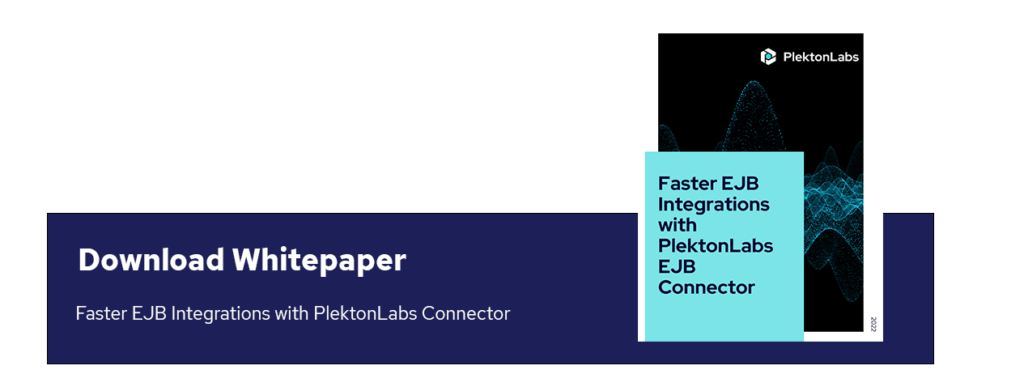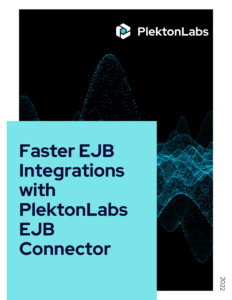When it comes to the process of digital transformation, the smallest hiccup can seem like a giant inconvenience. In the modern age, customers are looking for the smoothest experience ever, so all interactions with a business have to be near perfect. For online operations, this means you have to make sure your APIs run smoothly.
As a result, employing measures to ensure quality and dependability are vital for any sort of integration solution. Inconsistent and unreliable applications can end up needing maintenance and repairs which doesn’t just require extra costs. It also makes clients or customers lose confidence in the applications (and so the business), and this can make businesses lose clients to their competitors in the long run.
From a more administrative and technical point of view, an unreliable and or shoddy solution can overload support tickets and stall important processes. No one wants their organizations to come to a standstill because of all these reasons.
Maintaining high-quality and reliable APIs across the span of most phases of the application development lifecycle, from solution design to deployment and maintenance, is something every business needs to invest in.
Your APIs should be designed to perform smoothly and provide the best possible developer experience and this starts from the development stage. Following top practices and writing well-structured, straightforward, and reusable code go a long way when building dependable and useful APIs. For instance, following the suggested naming convention for things like flows, sub-flows, variables, and properties.
Beyond development and testing, solution designers use Anypoint Platform features like API Designer and Anypoint Exchange to make, document, authenticate, and share APIs, promoting collaboration and accessibility, which contributes to reliability and quality.
CI/CD pipeline tools automatically deploy applications and have many advantages as they are less prone to errors and much more replicable. This means the development team can work on developing applications to business requirements and releases become smoother and quicker, resulting in near-instant feedback. Regardless of whether your applications are being deployed to CloudHub, on-premise, or Runtime Fabric, you can count on MuleSoft to have a solution.
Next, a significant part of governance is making sure of the effective and resourceful use of the Anypoint Platform. MuleSoft platform administrators can easily use the Anypoint Visualizer to keep an eye on environments and applications in varying modes and from different perspectives.
This brings us to monitoring applications, which might just be the most crucial element of API management and quality control. It handles the practical business-as-usual side of things, as well as keeping everyday operations running smoothly.
Keeping track of public and private APIs is enabled by creating automated monitors that can be deployed at regular intervals. Moreover, Anypoint Monitoring has built-in and customized dashboards for non-functional monitoring, giving you a complete view of applications and servers.
Wrapping Up
Quality performance and dependability are necessary for any kind of integration initiative to succeed and these two concerns exist across all the areas mentioned in this article. MuleSoft features all the tools needed to confirm the quality and reliability of enterprise integration solutions. Whether your business is big or small, reliable and top-notch management ensures that APIs run smoothly, which will guarantee a hassle-free experience for employees, customers, and third-party vendors, cementing your company as something they can rely on.




